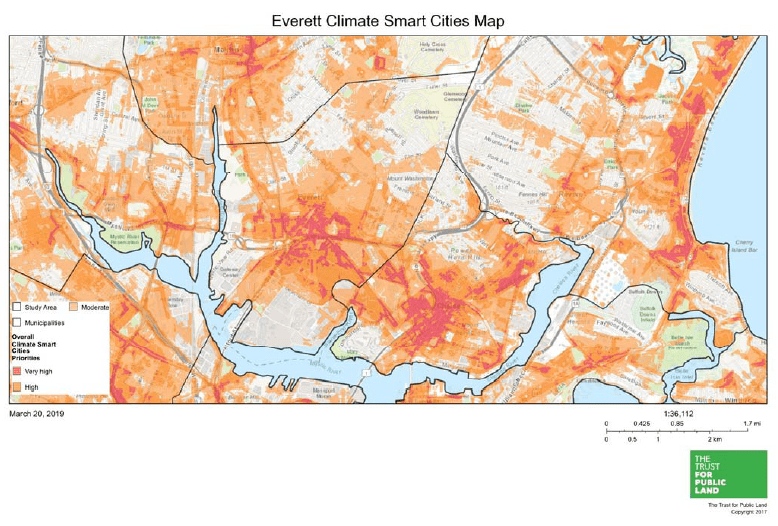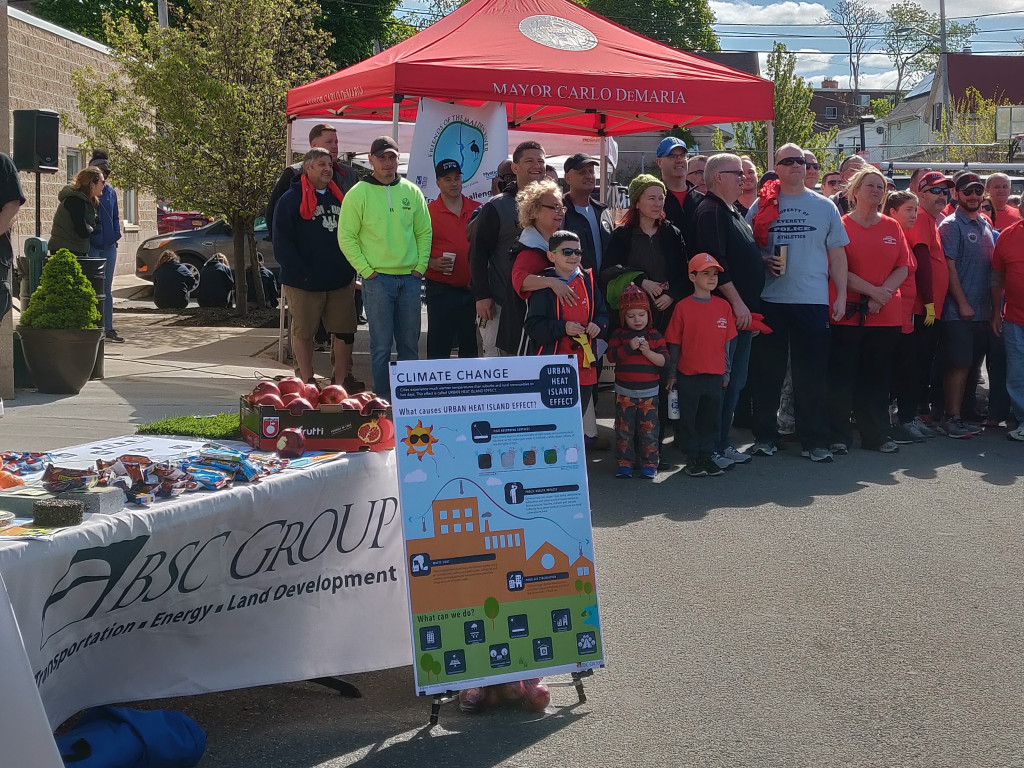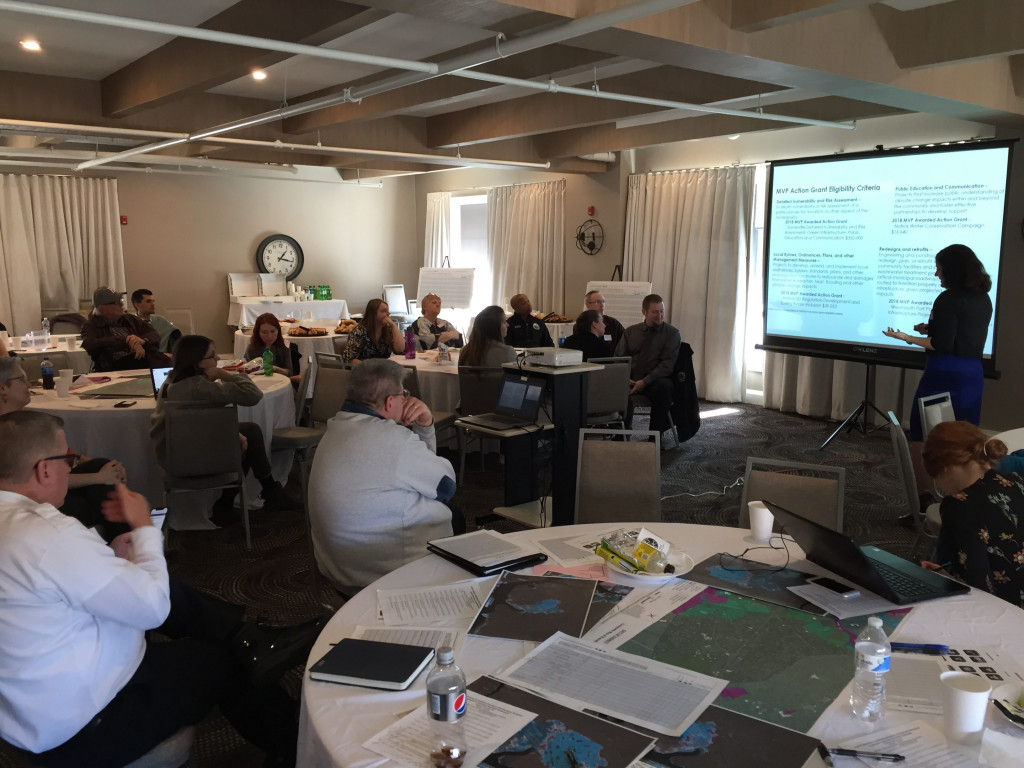
City of Everett Everett, MA
Urban Heat Island Assessment
BSC Group collaborated with the City of Everett to produce an Urban Heat Island Assessment for the Summary of Findings Report.
Made possible by assisting the City in securing a MVP program planning grant, municipal staff and non-profits worked with the BSC team to identify and develop a broad understanding of Hazards, Vulnerabilities, as well as Strengths in regard to climate change, specific to the City of Everett. A list of Preliminary Resilience Actions was also created, addressing the city’s urban heat island effect.
Using interactive GIS mapping, BSC led two engagement and education Adaptation Action Stations. Solutions derived from the public participation were integrated into the Community Resistance Building Planning Matrix.
BSC identified several factors that contribute to the risks including dense development patterns, land cover, and waste heat from buildings, mechanical systems or idling cars and trucks. Mapping the nine established wards of the City, they were assessed according to location and characteristics to determine and acknowledge communities that were understood to be more vulnerable to heat exposure.
The City of Everett Urban Heat Island Effect supplemental report was released in in June 2019 detailing both the source of heat islands in Everett as well as heat management actions, such as permeable surface rebates, cooling/green corridors, tree planting, and green and white roofs, under consideration by Everett.


